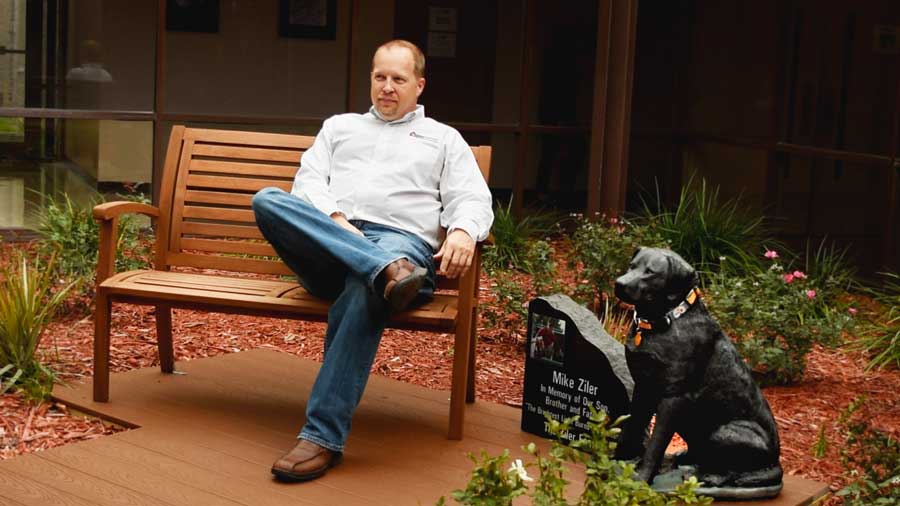Paying it forward
Joe Ziler remembers receiving the dreaded phone call from a detective three-and-a-half years ago.
Fearing the worst, Joe interrupted him before the devastating news could be delivered.
“Just go ahead and tell me. Did my brother take his own life?”
Sadly, the answer was yes.
Mike Ziler, who worked as a U-Haul manager in Wisconsin, died from a self-inflicted gunshot wound to the head. He was only 41 and left behind his 17-year-old daughter Kara.
For Mike, coping with the loss of a loved one proved impossible. Fifteen months earlier, he lost his fiancé, Becky Havlinek, to cancer.
“I would call Mike all the time and check in on him,” said Joe, who owns Eustis-based Kevco Builders. “Unfortunately, he never recovered emotionally from her death.”
For the Ziler family, grieving became complex and traumatic. To this day, Joe’s parents and older brother rarely speak about Mike’s death and often wonder if there was more they could have done to prevent it.
Joe has taken a different approach. He refuses to bottle up his emotions and keep his pain locked deep inside. In fact, he has decided to turn tragedy into hope by raising awareness about mental health and the warning signs of suicide.
Joe served as guest speaker at last year’s LifeStream Behavioral Center Gala of Hope, where he delivered a rousing speech about his brother’s death that drew both cheers and tears from those in the audience. The event raised $21,000 for LifeStream, which provides services to those who suffer from mental illness and substance abuse.
This year, Joe was the event sponsor and got an early jump on fundraising efforts. In September, he launched a GoFundMe page that ultimately raised $26,170. Altogether, the gala grossed $102,000.
“I want to be LifeStream’s event sponsor for as long as I can and will do so in my family’s name rather than my company’s name,” he says. “As humans, if we have the ability to make a difference, then we have an obligation to make a difference.”
Joe hopes his support opens up eyes and hearts to mental illness, a disease that has a horrific stigma attached to it.
“One thing people do not realize is that in days leading up to suicide, people who commit suicide may seem perfectly normal. I spoke to Mike four days before his death, and he asked me if I still had a job open for him if he moves to Florida. He seemed normal. Suicidal people often make future plans to do things because that makes them appear okay and it distracts people from figuring out they’re about to kill themselves. Psychologically, they hide and distract.”
One thing is certain: Thanks to Joe’s kindness and generosity, mental health patients will be able to cope with their afflictions head-on.

